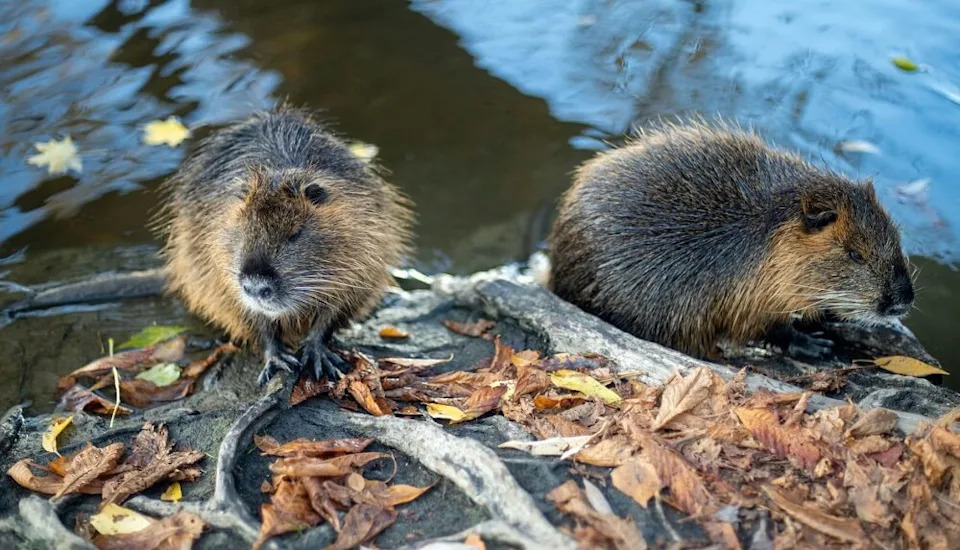Japanese people are known worldwide for incredibly inventive cuisine, and they are introducing a new wild game into their dining habits.
The invasive nutria has been a headache for farmers for decades, but some savvy chefs have shown that it can serve a savory purpose.

Photo Credit: iStock
“In an unusual approach to pest control and sustainable food sourcing, Iwata officials have launched a project to turn nutria — a large, invasive rodent — into game meat for human consumption,” reported Asahi.
“Native to South America, nutrias have damaged broccoli, rice, and other local crops since they were first spotted around Iwata in 2021.”
Efforts at eradication have been unsuccessful, so the directive is now to find a culinary use for this creature.
After trying a nutria sausage and tomato stew, Iwata Mayor Hiroaki Kusachi remarked: “It tastes great, and I see no issues with it as a marketable product. Instead of seeing these animals just as pests, we should explore ways to put them to good use. Doing so could also help promote a more sustainable, circular society.”
The local hunting association, the Japan Agricultural Co-operative (JA), and the Shizuoka Professional University of Agriculture have collaborated with the municipal government to create this solution and empower local citizens to embrace nutria as a new source of protein and flavor in their diets.
Hunters can trap and prepare nutria easily using a regular small mammal trap. The animal is similar in size and appearance to beavers, an incredibly nutritious food source that has been trapped for food and fur by indigenous peoples for millennia.
Nutria have become such a menace to the Japanese because they were never supposed to be in Japan. They are an invasive species that was introduced to Japan in the 1900s. They were brought over from France for their fur and typically kept as pets.
“After World War II, the Japanese government promoted nutria breeding as a countermeasure to extreme food shortages,” said one study, published in the journal Zoological Studies, about the animal’s invasion of Japan. “However, once the food problem was solved, demand for nutrias declined and escaped individuals became wild.”
It’s only natural that nutrias would return to their role as food and fur, especially now that they threaten agriculture with their herbivorous diet. Controlling their numbers will make a big difference in the health of the ecosystem.
Iwata has made a strong first step toward bringing back ecological balance and driving progress toward a cleaner, safer future for all.
Join our free newsletter for easy tips to save more and waste less, and don’t miss this cool list of easy ways to help yourself while helping the planet.

